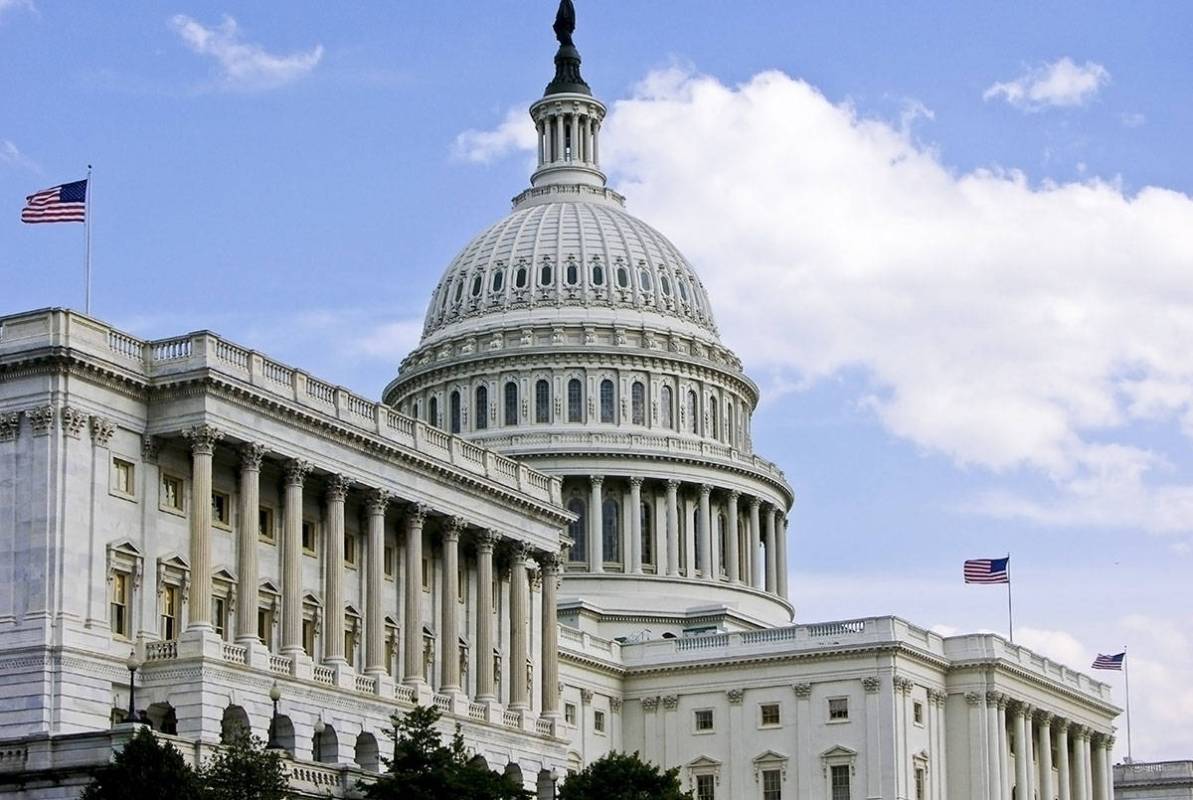EDITORIAL: Democrats block more relief for vulnerable Americans

The Senate last week failed to reach a deal on another round of coronavirus relief, likely putting an end to negotiations until after the election. That’s not necessarily a bad outcome — while some form of targeted aid for individuals and businesses may be appropriate, the economy has shown signs of reviving on its own, negating the need for another multitrillion-dollar blowout.
The process, however, was instructive — if for no other reason than to highlight how Democrats, for political purposes, would prefer no bill at all rather than a more fiscally responsible response.
The proposal from Senate Republicans would have spent another $650 billion on pandemic-related efforts, including $258 billion for small businesses, COVID-19 liability protection, $105 billion to help schools reopen and additional funds to pad unemployment benefits for the jobless. But Democrats in the upper chamber called it “completely inadequate” and launched a filibuster to prevent the measure from coming to the floor. That way, they didn’t have to go on record opposing the bills in a roll call vote.
But isn’t “completely inadequate” better than nothing? Not if it runs counter to the Democratic election strategy, which is to blame President Donald Trump for the coronavirus while trying to secure more funding to bail out their financial benefactors in the public employee unions dominating blue states that have long bungled their finances.
The cynicism at work runs deep and wide. Democrats have made it clear that they will move to eliminate the filibuster if they retain the Senate in the fall. Filibusters are bad and undemocratic, you see — unless they can serve your partisan ends. Meanwhile Democrats who quashed more money for the jobless will take to the hustings to tell unemployed workers who would have benefited from this proposal that they’re the party of the “little guy.”
The delay and impasse is even more ridiculous given that Democrats harbor high hopes of winning the White House and controlling Congress after the November election. If that’s the case, they’ll then have every opportunity to enact the hyperliberal $3 trillion wish list that constitutes the House version of Pandemic Relief III. So why not approve the GOP’s modest proposal in the meantime, rather than leaving vulnerable businesses and the unemployed hanging?
House Speaker Nancy Pelosi made it clear last month that she wasn’t interested in reaching a deal with Senate Republicans because she believed the politics were on her side. As a New York Times account put it, “the speaker of the House is going for the jugular” to advance her progressive agenda in the guise of coronavirus relief.
”They still think it’s politically beneficial,” Sen. Marco Rubio, R-Fla., said, “for nothing to happen.” And that explains the Senate filibuster.